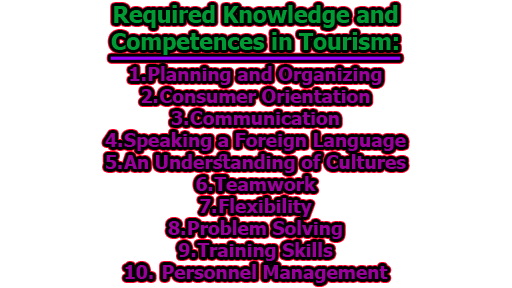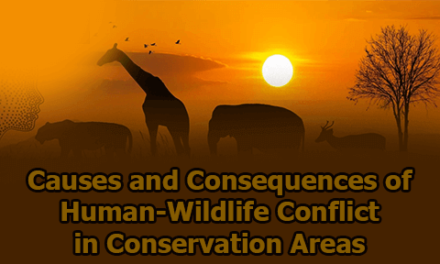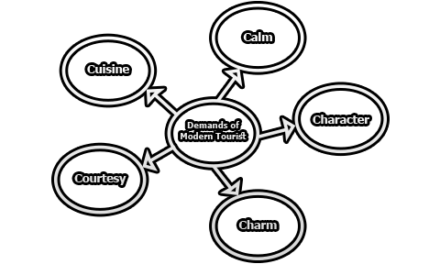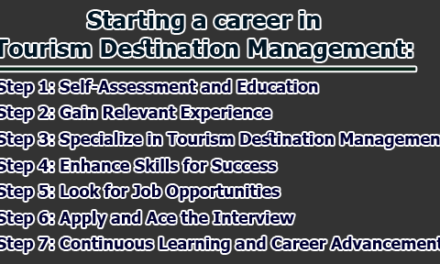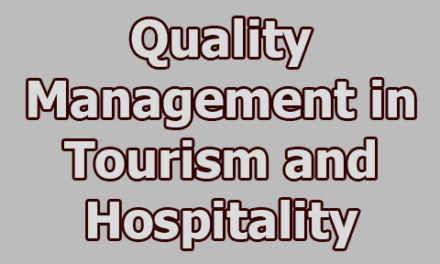Required Knowledge and Competences in Tourism:
The tourism industry is one of the largest and fastest-growing industries in the world. It is a multi-billion dollar industry that encompasses a wide range of activities, including travel, accommodation, food and beverage, entertainment, and tourism-related services. To succeed in this industry, it is essential to have the right knowledge and competences. In this article, we will explore the ten essential competences required to excel in the tourism industry.
1. Planning and Organizing: Planning and organizing skills are critical in the tourism industry because professionals must coordinate various activities to ensure the success of travel arrangements, accommodation, and other tourism-related services. For instance, a tour operator must plan a travel itinerary, book transportation, and arrange for accommodation, while also considering factors such as cost, customer preferences, and safety. A tourism professional must also organize logistics such as obtaining visas, insurance, and travel documentation.
2. Consumer Orientation: Consumer orientation is essential in the tourism industry because the customer is the focus of all tourism-related services. For example, a hotel receptionist must be able to understand and respond to the customer’s needs and preferences, such as room type, room service, and local tourist attractions. In addition, tourism professionals must stay up to date with market trends and customer preferences to deliver high-quality service and remain competitive in the industry.
3. Communication: Effective communication skills are essential in the tourism industry because tourism professionals must communicate with a diverse range of customers, colleagues, and stakeholders. For example, a tour guide must be able to communicate effectively with tourists of different nationalities, languages, and cultural backgrounds. Similarly, a hotel staff member must communicate effectively with customers in person, over the phone, or online.
4. Speaking a Foreign Language: The ability to speak a foreign language is vital in the tourism industry because it can create a more personalized and enjoyable experience for customers. For example, a tour guide who can speak the local language can provide a deeper understanding of local culture and history, creating a more engaging and memorable experience for tourists. Similarly, a hotel staff member who can speak a foreign language can build a better rapport with international customers, creating a welcoming and inclusive environment.
5. An Understanding of Cultures: Understanding different cultures is critical in the tourism industry because tourism professionals must interact with customers from different cultural backgrounds. For example, a tour guide must understand and respect the customs, traditions, and values of the tourists they are guiding. A hotel staff member must also be aware of cultural differences in dining preferences, greetings, and other social customs to provide a more inclusive experience for all customers.
6. Teamwork: Teamwork is essential in the tourism industry because tourism professionals must work together to deliver high-quality services and experiences. For example, a tour guide must collaborate with other tour guides, transport providers, and accommodation providers to deliver a seamless travel experience for tourists. Similarly, a hotel staff member must work effectively with other hotel staff members to provide a coordinated and efficient service to customers.
7. Flexibility: Flexibility is crucial in the tourism industry because plans and schedules can change frequently. For example, a tour guide may need to adapt their itinerary due to changes in weather or unforeseen circumstances, such as traffic or closed attractions. Similarly, a hotel staff member may need to accommodate last-minute customer requests, such as room changes or additional services.
8. Problem-Solving: Problem-solving skills are essential in the tourism industry because tourism professionals must be able to identify and address issues that arise during the delivery of tourism-related services. For example, a tour guide may need to address customer complaints or issues with transportation providers, while a hotel staff member may need to resolve issues related to room availability or billing discrepancies.
9. Training Skills: Training skills are critical in the tourism industry because employees need to be trained in various skills and competencies. For example, a tour operator may need to provide training on cultural awareness, customer service, and safety protocols to their employees. Similarly, a hotel manager may need to provide training on customer service, housekeeping, and food service to their staff.
10. Personnel Management: Personnel management is essential in the tourism industry because it involves managing employees, their performance, and their well-being. For example, a tour operator may need to hire, train, and supervise tour guides, while a hotel manager may need to manage hotel staff members, such as receptionists, housekeepers, and chefs. Personnel management also involves motivating employees, resolving conflicts, and providing a safe and healthy work environment.
In addition to the skills and competencies mentioned above, there are other important knowledge areas that are critical for success in the tourism industry. These include:
- Marketing: Understanding marketing principles and techniques is essential in the tourism industry because it involves promoting tourism-related products and services to potential customers. For example, a tour operator may use online marketing strategies to attract customers to their website and social media platforms. Similarly, a hotel may use targeted advertising campaigns to reach potential customers and encourage bookings.
- Financial Management: Financial management skills are critical in the tourism industry because it involves managing budgets, forecasting revenues, and controlling expenses. For example, a tour operator must manage their costs, such as transportation, accommodation, and tour fees, to ensure profitability. Similarly, a hotel manager must control their expenses, such as labor costs, utilities, and maintenance, to maintain profitability and provide value to customers.
- Technology: Understanding technology and its applications in the tourism industry is essential because it involves using technology to enhance the customer experience, streamline operations, and improve communication. For example, a hotel may use a property management system (PMS) to manage reservations, room assignments, and customer information. Similarly, a tour operator may use a booking platform to manage their tours, payments, and customer information.
- Destination Knowledge: Having knowledge about destinations is critical in the tourism industry because it involves providing information and guidance to customers about tourist attractions, activities, and events. For example, a tour guide must have a deep understanding of the history, culture, and geography of the destinations they are guiding tourists to. Similarly, a hotel staff member must have knowledge about local tourist attractions, restaurants, and events to provide recommendations to customers.
In conclusion, the tourism industry requires a diverse set of skills, knowledge, and competencies to succeed. Planning and organizing, consumer orientation, communication, speaking a foreign language, an understanding of cultures, teamwork, flexibility, problem-solving, training skills, and personnel management are some of the critical competencies required for success in the tourism industry. By developing these competencies and staying up to date with market trends and customer preferences, tourism professionals can deliver high-quality services and experiences to customers and remain competitive in the industry.
References:
- Buhalis, D. (2000). Marketing the competitive destination of the future. Tourism Management, 21(1), 97-116.
- Getz, D., & Page, S. J. (2016). Progress and prospects for event tourism research. Tourism Management, 52, 593-631.
- Gretzel, U., Yuan, Y., & Fesenmaier, D. R. (2000). Preparing for the new economy: Advertising strategies and change in destination marketing organizations. Journal of Travel Research, 39(2), 146-156.
- Hall, C. M., & Page, S. J. (2014). The geography of tourism and recreation: Environment, place, and space. Routledge.
- Kozak, M., & Baloglu, S. (2011). Managing and marketing tourist destinations: Strategies to gain a competitive edge. Routledge.
- Laws, E. (2016). Tourism management: A practical guide. Pearson Higher Ed.
- Sigala, M. (2012). Social media and the transformation of tourism demand: The case of Tripadvisor. Routledge.
- Tribe, J. (2017). The economics of recreation, leisure, and tourism. Routledge.
- UNWTO (2021). Tourism highlights, 2021 edition. United Nations World Tourism Organization.
- Weaver, D. B., & Lawton, L. J. (2014). Tourism management. John Wiley & Sons.

Library Lecturer at Nurul Amin Degree College

